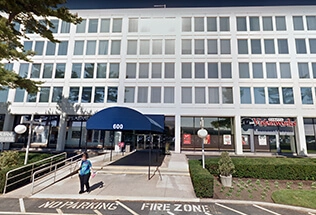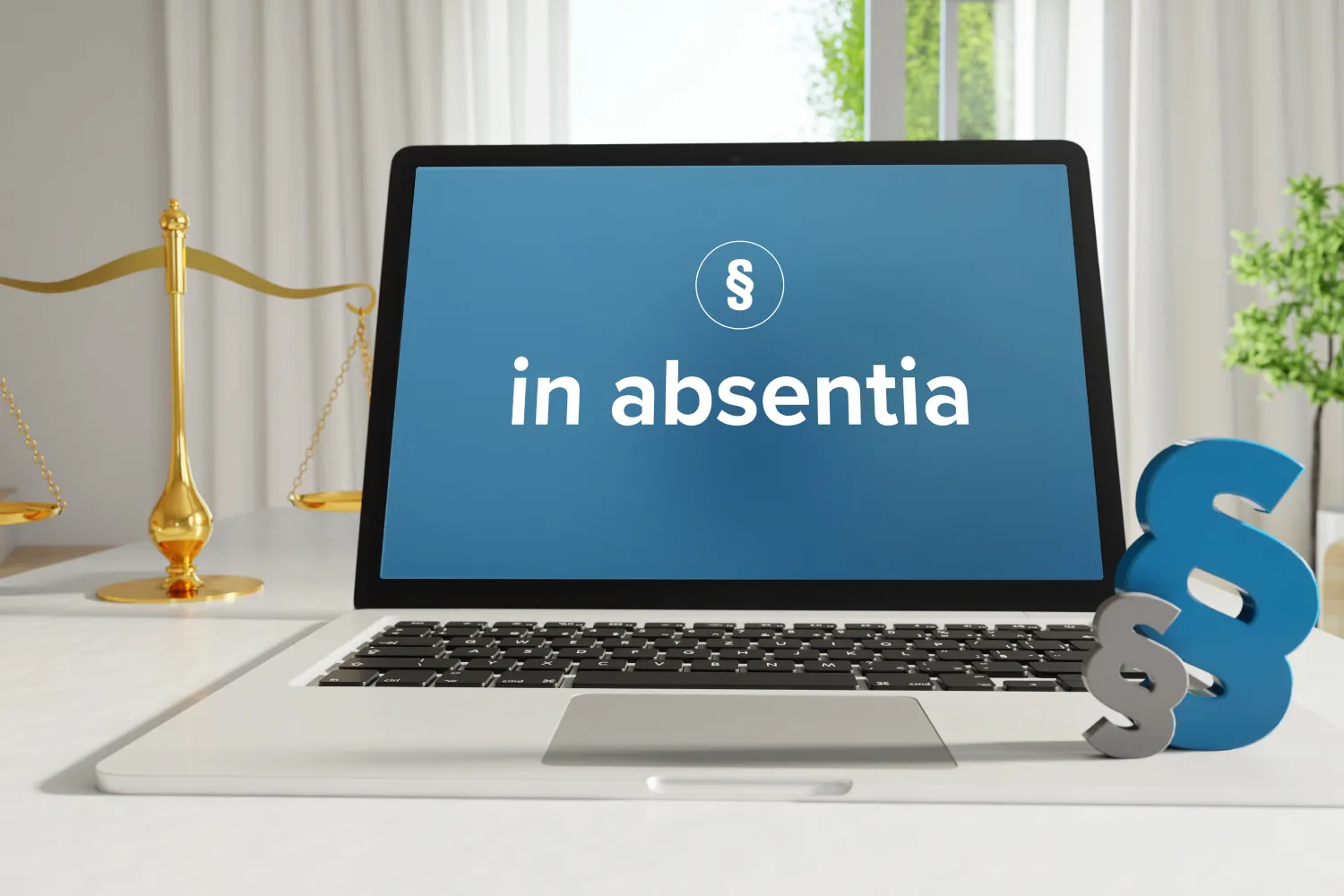After a car accident or crash, it is not unusual for those involved to sustain physical injuries as well as damage to their vehicle. Still, there are other ways in which a car accident can negatively impact your day-to-day life.
In many cases, individuals who have been in an accident may suffer from emotional or mental distress due to the incident. This is especially true for car accidents and crashes, which can cause post-traumatic stress disorder (PTSD).
At Schwartzapfel Lawyers, we can help you understand how PTSD occurs and what to do if you or a loved one is going through emotional distress as a result of an accident or crash.
For more information or to file a claim after an incident, get in touch with a skilled member of Schwartzapfel Lawyers by visiting us online or dialing 516-342-2200 today.
What Is PTSD?
Post-traumatic stress disorder (PTSD) is a mental disorder that can affect any individual who has experienced a traumatic or distressing incident. Examples of incidents or situations that can cause PTSD include but are not limited to:
- War or conflict
- Physical abuse, assault, or violent acts
- Sexual abuse, harassment, or rape
- Natural disasters
- Serious accidents
In many situations, people with PTSD feel like they are still in danger even after the incident in question. They often relive past traumatic events or may avoid places, people, or actions that relate to what has happened to them.
Car accidents and crashes can be dangerous and life-threatening, and people who have experienced or witnessed a car accident or crash may suffer PTSD as a result. This is especially true for more serious car accidents in which individuals suffer extensive injuries or a death occurs.
What Are The Symptoms Of PTSD?
To determine whether someone is experiencing PTSD after a car accident, they will likely want to see a psychiatrist or other mental health professional for an official diagnosis. This is also important to ensure they can receive proper treatment.
The following are some of the more common symptoms of PTSD to look out for:
- Vivid flashbacks to the traumatic events that occurred
- Nightmares of the event
- Disturbed sleep or eating patterns
- Intense distress or panic when reminded of the event
- Aggression and irritability
- Increased nausea, sweating, and trembling
- Avoiding things that relate to the event
- Feeling numb, unsafe, anxious, angry, or upset
- Increased use of substances like alcohol to self-soothe
While these are just a few possible symptoms, PTSD can present itself in many ways depending on the individual and the triggering event.
Someone who has PTSD after a car accident or crash may avoid driving or being in any vehicle on the road because they no longer feel safe. They may have nightmares and flashbacks of the accident or crash and become panicked if they come near a road or a vehicle.
PTSD can be crippling and negatively impact your quality of life.
For more information about PTSD, one of the seasoned attorneys at Schwartzapfel Lawyers can help when you give us a call at 516-342-2200 or visit us online now!
PTSD And Emotional Distress In Personal Injury Law
While recovering from PTSD after a car accident should be your top priority, you may also be able to receive compensation for PTSD if you file a claim.
Many people are under the impression that any compensation they receive after an accident or crash only covers physical injuries or other physical losses. While financial compensation for physical losses can be easier to calculate in a personal injury case, it is possible to receive compensation for emotional and mental distress through your claim as well.
In personal injury law, pain and suffering as a result of an accident can be compensated. Pain and suffering damages include both physical and mental pain and suffering.
Taking the right steps in filing your claim can help ensure you recover all the money and benefits you are entitled to for all of your losses, no matter your situation.
How Can You Receive Compensation For PTSD?
To receive compensation for PTSD or emotional distress after an accident or crash, you must be able to prove that you are suffering from PTSD as a result of the accident and that your mental condition has negatively impacted your life.
To be able to prove this, you will likely need to provide ample evidence and documentation of your condition. This includes but is not limited to:
- Medical documentation of an official diagnosis of PTSD from a psychiatrist or mental health professional after the accident.
- A report from a mental health professional about how your PTSD or mental condition has negatively impacted your life.
- Witness statements from friends, family members, neighbors, or other acquaintances as to how your behavior has changed because of your mental condition after the accident.
Note: If you can provide the above, your mental suffering will likely be taken into account in the calculation of your settlement.
In some cases, PTSD claims are taken more seriously by those who were in especially damaging accidents or those who also suffered extensive injuries because of an accident. The amount of compensation you receive for PTSD or emotional distress can depend on the extent of your other losses.
Because it can be more difficult to prove mental suffering than it is to prove physical suffering, the right lawyer can help you build a strong case to ensure you receive the financial compensation you need to be made whole.
To start going over the details of your case with a skilled lawyer today, reach out to Schwartzapfel Lawyers at 516-342-2200 or visit us online now!
What Should You Do After A Car Accident?
Regardless of whether you experience mental distress or PTSD after an incident, there are steps you can take after a car accident to make sure that you receive the money and benefits you are entitled to for your losses.
The first step you should take is to see a medical professional and receive treatment for your injuries. This can help document your injuries when you file your claim. If you begin to experience any symptoms of PTSD or other emotional distress in the aftermath, you may want to consider undergoing a psychological evaluation. This is especially important if you think you want to file a PTSD claim.
Next, gather as much information as you can about the accident or crash. Beyond medical documentation, police reports, witness statements, and photos or videos from the scene can help establish who was at fault for an accident.
Typically, car insurance companies handle car accident claims. However, if you or a loved one has suffered severe injuries and substantial losses or wishes to pursue a claim for emotional distress, you might consider filing a separate lawsuit. In any event, it’s always advisable to consult with a knowledgeable PTSD attorney before reaching out to your insurance provider.
How Schwartzapel Lawyers Can Help
If you’re unsure about the compensation you’re entitled to receive after an accident, a qualified lawyer can assist in determining the best course of action for your case.
To this end, please remember that it can be difficult to prove PTSD and emotional distress. As such, you will likely benefit from the services of an experienced legal professional who can bolster your case and make sure you have the information and evidence you need for success.
At Schwartzapfel Lawyers, our award-winning team has all the resources and experience necessary to ensure the best possible outcome for yourself and your situation. Day or night, we’re ready to fight — and win! — for you.
To book a free consultation with one of our representatives, don’t delay! Instead, dial 516-342-2200 or visit us online today.
DISCLAIMER: Nothing on this page should be considered legal advice. You should seek the appropriate counsel your situation requires. For more information, call 1-516-342-2200 now!
Sources:
Schwartzapfel Lawyers, P.C. | Fighting For You
What is Posttraumatic Stress Disorder (PTSD)? | Psychiatry.org


















